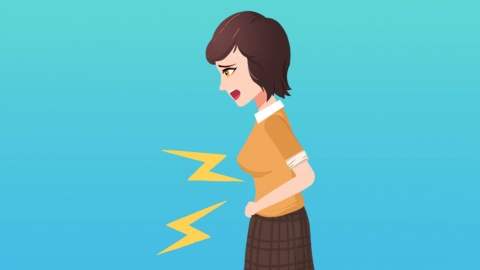Can gastrointestinal bleeding heal on its own?
Generally, whether gastrointestinal bleeding can heal on its own mainly depends on the underlying cause and severity of the bleeding. If discomfort symptoms occur, it is recommended to seek timely medical treatment at a regular hospital. Detailed analysis is as follows:

If the gastrointestinal bleeding is caused by minor mucosal damage—for example, slight gastric mucosal erosion and bleeding caused by occasional alcohol consumption or dietary irritation—and the bleeding volume is very small without obvious symptoms such as hematemesis or black stool, the body's self-repair mechanisms may gradually stop the bleeding, making spontaneous recovery possible. However, it is important to closely monitor physical condition and avoid further gastric irritation to prevent recurrence.
If gastrointestinal bleeding is caused by diseases such as peptic ulcer, rupture of esophageal and gastric varices, or gastric cancer, or if the bleeding volume is large and accompanied by symptoms such as hematemesis, black stool, or dizziness, spontaneous healing is unlikely. Without timely intervention, these conditions may lead to worsening bleeding and even severe complications such as shock. Prompt medical attention and professional treatment are essential to control the bleeding and alleviate the condition.
Once symptoms of gastrointestinal bleeding appear, one should not wait passively for spontaneous recovery but should first seek medical care to determine the underlying cause and extent of bleeding. During the observation period, bed rest should be maintained, strenuous activities avoided, and consumption of irritating foods stopped. If symptoms worsen or new discomfort arises, immediate medical attention must be sought without delay to avoid missing the optimal treatment window.









